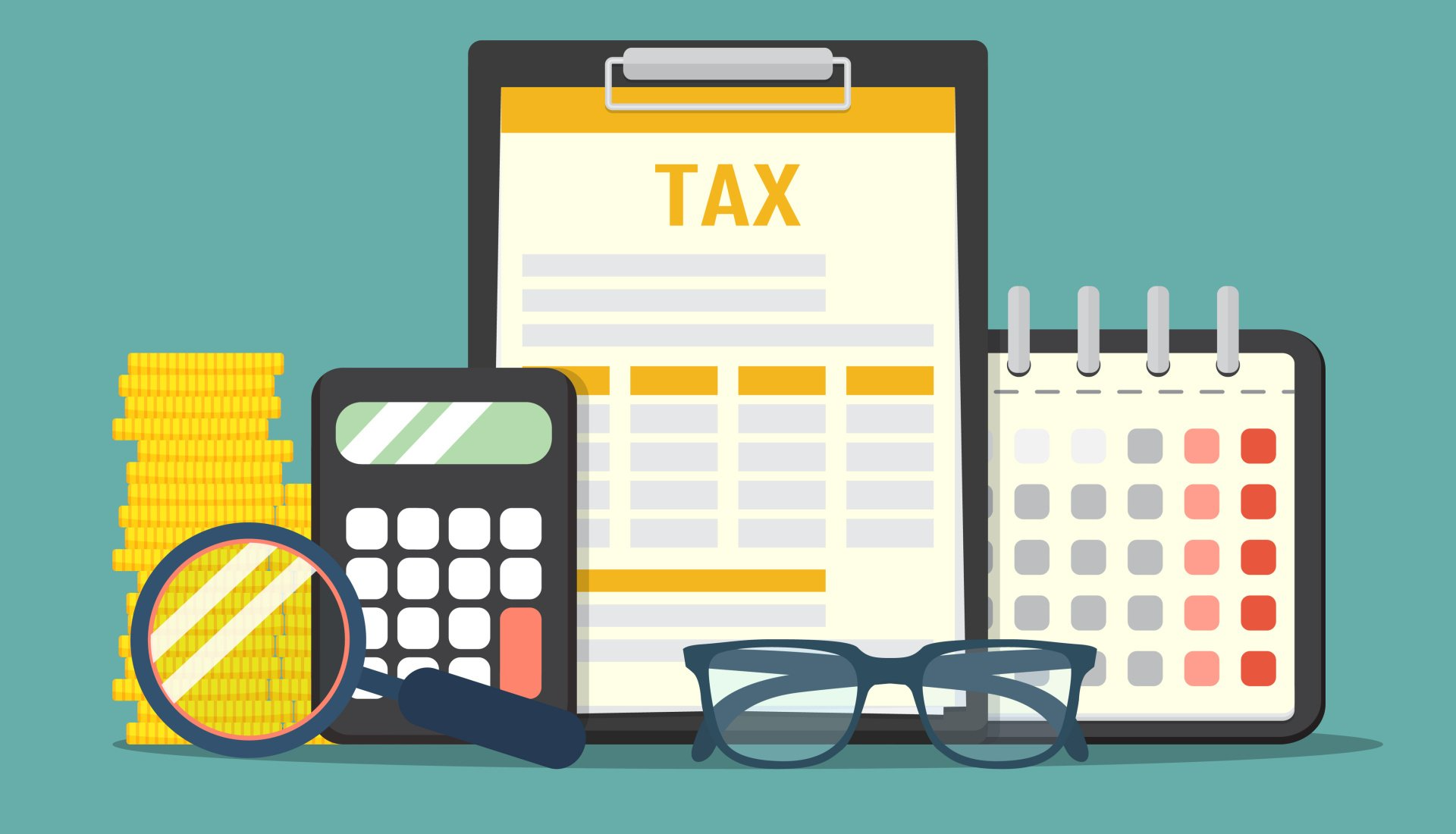Federal Tax Credits For Solar Energy

How The Federal Tax Credit Works?
By 2022, the federal tax credit program is at 26%. 2023 it will go down to 22%. By 2024 it will go down to 0% as the government needs to decide what its plans will be. But what does this mean exactly? It means that a portion of the amount of money you spend on building your solar panels can be used as a way to offset the taxes owed. This covers the costs associated with solar panels, solar batteries, energy storage devices, labor costs and even the sales tax you paid. You will be able to write off your taxes by a percentage of the amount you spent. This means that if you were already considering upgrading your home, you are further incentivized through this tax credit.
Example On How To Use The Tax Credit
A quick example is if your whole system cost $20,000 to install, then your estimated tax credit (the amount you could reduce your taxes by) would be $20,000 *26% = $5,200. Keep in mind if there are any tax rebates associated with the purchase of the panels, those need to be factored in (i.e. taken out) of the equation when determining the eligible tax credit amount. Keep in mind that this is usually based on you paying outright for the solar panel system. In some cases, and it is always best to check with your accountant if you do finance your solar panel remodel, then you could possibly write off the financed amount, but not any interest or fees. If the tax credit is too much you are able to roll over that incentive to the next tax year, as it is the tax credit that keeps on giving! You do not need to factor in a specific tax year to get this installation if you think your tax burden might not be that high. What you really need to consider is that time is running out.
What If I Don't Pay Taxes?
On the off chance you do not pay taxes or you usually get a refund every year, then this benefit will not likely apply to you based on how the incentive works. The incentive works in that it reduces your existing tax liability through the amount of money that you spent on your solar panel upgrade. Keep in mind though that you will save a lot on your energy bills, and there might be some incentives out there for those that produce enough energy. As always, when it comes to the matter of taxes, always get qualified help from your local certified tax accountant. For questions about setting up your next solar panel project, feel free to reach out to us here.
